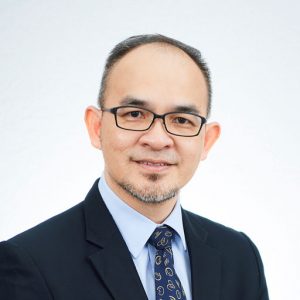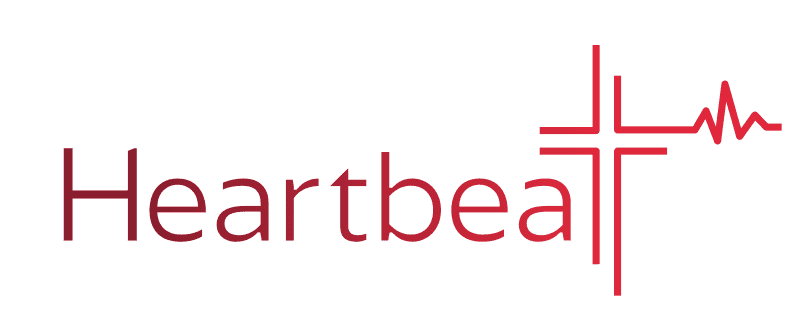In this unprecedented COVID-19 situation, Singapore Bible College as a higher-learning institution in Singapore has had to ensure most administration and teaching activities are carried out online, so as to minimize close contact and cross-infection. Faculty, staff and students alike are all in the same uncharted waters of the new ‘normal’.
Faculty members have had to acquire new skills to deliver teaching online with multiple tools and devices. Their biggest concern has been the continuity and fulfilment of the core ministry and goal of the College: to provide our students with a holistic theological education. It is thus reasonable to ask whether online education enables the College to achieve this goal. This requires taking a step back to consider the threats and opportunities that come along with the changes.
Partnering in Education
First and foremost, most of my faculty are concerned about our students’ spiritual formation and character building diminishing when there is minimal face-to-face interaction. While this is a valid concern, theological education is not done on the campus alone. It should be undertaken together with the church, with some components of the education taking place there. This is why the College is seeking to strengthen partnerships with pastors and leaders of local churches and parachurch organizations, so as to guarantee that our students are being mentored and nurtured in the body of Christ continuously.? ?
Overcoming Digital Classism
The next concern is a new form of classism which favours societies with advanced technology or people who are techno-savvy, and sidelines those who are less equipped with IT tools, knowledge and skill sets. This is also a valid concern, which demands that we give equal opportunity for IT training to faculty, staff, and students from varied backgrounds and age groups. Moreover, we need to safeguard sufficient support for students from less developed countries, so that they too can enjoy the equal opportunity of theological education with digital facilities. The College is committed to closing the potential digital gap.
Shaping of the Mind
The last concern is subtler and harder to fathom. How does digital technology transform the way we think, read, write, and learn? Recent findings in neuroscience suggest that the human brain is very plastic, allowing us to adapt to new conditions unceasingly because “cells and neurons that fire together, wire together” (a saying known as Hebb’s rule). This means that brain activity is like the grooves on a hill that get deeper as more water flows down and through them. The spaces and tools that facilitate teaching and learning will give rise to habits of thinking that shape behaviour, mind-set and character.
Should we be worried about the power of digital tools in shaping our minds? Yes, we should. In the 1880s, one of Friedrich Nietzsche’s closest friends, Heinrich K?selitz, noticed a subtle change in Nietzsche’s style of writing when he was forced by illness to switch from writing by hand to typing. According to K?selitz, his prose became more concise and forceful, as if the ‘iron’ nature of the typewriter had been transferred to his words. Nietzsche agreed: “Our writing equipment takes part in the forming of our thoughts.”
What did the new writing tool do to Nietzsche’s brain? As far as his brain was concerned, the pen that used to serve as an extension of his hand was replaced by the typewriter, which was then incorporated into his thinking process. Our brains take a similar, adaptive approach to whatever teaching tools we use, from monitors and slideshows, to videos and virtual classrooms. With the youth of today, the so-called digital generation, we can easily observe how quickly their thinking and nervous systems merge with the evolving virtual realities.
Ends and Means
All of these concerns might draw a bleak picture of online education. However, the challenge is not technology per se. The challenge is education itself—what education becomes should be defined by its intended outcomes. It is the ends that justify the means. Thus, teachers and learners must have a clear sense of what their education is to achieve. They will then make good use of technology to actualize the intended purpose of God—his good, pleasing and perfect will (Rom 12:2).
In the post-pandemic world, it will take more than courage to teach. We need God to direct theological education with his mission, vision, and values for his glorious purpose. Please walk with us in prayer.






